Band-Aid for a Broken Leg: Being a doctor with no borders (and other ways to stay single)
£4.79
Damien Brown thinks he’s ready when he arrives for his first posting with Medecins Sans Frontieres in Africa. But the town he’s sent to is an isolated outpost of mud huts, surrounded by landmines; the hospital, for which he’s to be the only doctor, is filled with malnourished children and conditions he’s never seen; and the health workers – Angolan war veterans twice his age who speak no English – walk out on him following an altercation on his first shift.
In the months that follow, Damien confronts these challenges all the while dealing with the social absurdities of living with only three other volunteers for company. The medical calamities pile up – leopard attacks, landmine explosions, performing surgery using tools cleaned on the fire – but as Damien’s friendships with the local people evolve, his passion for the work grows.
Written with great warmth and empathy, Band-Aid for a Broken Leg is a compassionate, deeply honest and often humorous account of life on the medical frontline in Angola, Mozambique and South Sudan. It is also a moving testimony to the work done by medical humanitarian groups and the remarkable, often eccentric people who work for them.
Read more
Additional information
| Publisher | Allen & Unwin, Main edition (1 Jan. 2017) |
|---|---|
| Language | English |
| File size | 4697 KB |
| Text-to-Speech | Enabled |
| Screen Reader | Supported |
| Enhanced typesetting | Enabled |
| X-Ray | Not Enabled |
| Word Wise | Enabled |
| Sticky notes | On Kindle Scribe |
| Print length | 377 pages |

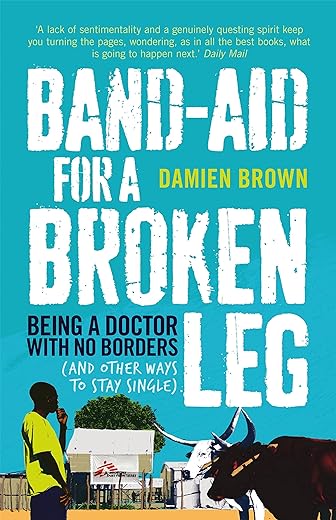
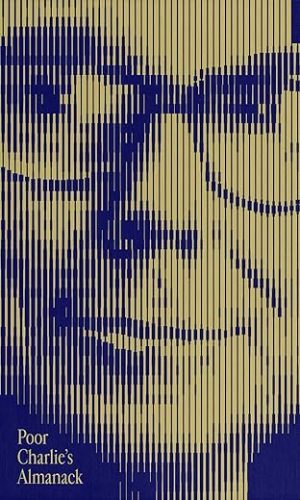

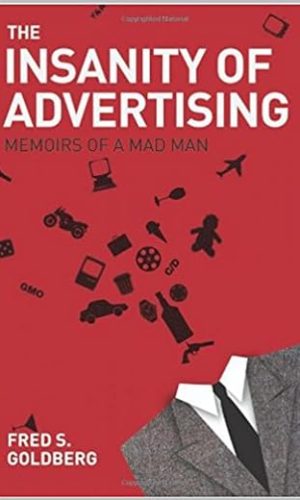
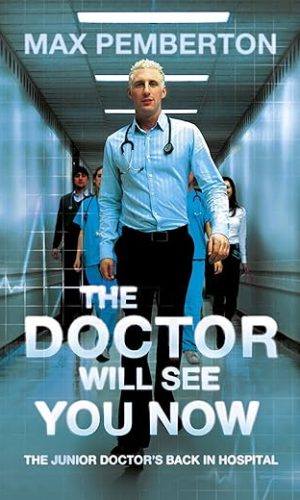
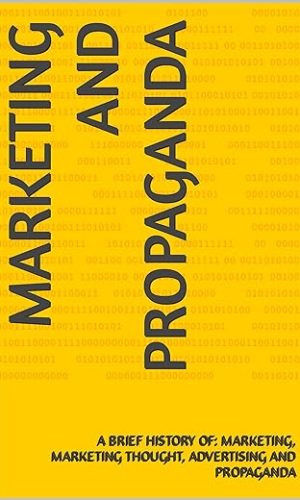
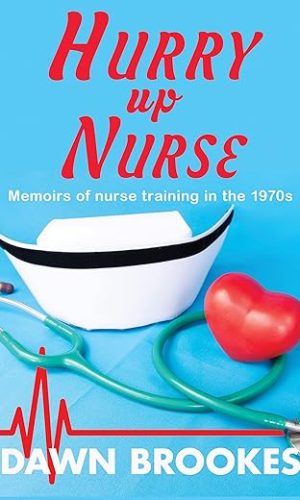

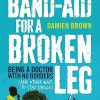
by Diz
I read this and marvelled at the conditions that the Medecins Sans Frontieres doctors have to work under. It is certainly chastening to think of how we moan about the NHS and yet we are so well served by it compared with the war zones and disaster zones of the Third World. It is a positive book, full of cheering stories and wonderful characters.
by William Munny
A book as chilling and upsetting as it is uplifting, the author deftly weaves a strain of humour through what would otherwise be an unrelentingly bleak series of events. An accessible and thoroughly entertaining read for anyone with a passing interest in the dysfunction and difficulties faced by aid organizations the world over.
by Lollifish
I read this in a day. It’s a fascinating insight into the life of a Western doctor thrown into some of the toughest places on earth. Vividly written, you can almost see, smell and hear the places he describes. It made me laugh, feel desperately sad and even angry – at the disparities between countries and human nature.
by Will
This book details the real story of Dr Damien Brown, a 29 year old Australian serving as a volunteer doctor in Angola with MSF – Medecins Sans Frontieres (Doctors without borders). The book beautifully sums up the brilliant work completed by many MSF volunteers serving in unknown foreign countries. The book is a rollercoaster of emotions, making you sad, making you laugh, making you feeling inspire or debating the true effect of volunteer work in less economically developed countries. Damien tells the reader how an ordinary person reacts under the “interesting” conditions abroad.
Dr. Brown is sent to Mavinga, South-East Angola on his first assignment for MSF as the only doctor living there. The outpost has only basic mud huts and many landmines circling the town, scars of the long Angolan civil war. Brown goes in knowing very little of the native language of Angola, Portuguese and has an interesting six month stay in Angola. The book reveals some of the shocking and inspiring stories that occur everyday. Some notable events include: Trying to understand under trained Angolan health workers (many Ex military medics), treating malnourished babies and sterilizing surgical equipment using a basic fire.
The book also details the author’s experience returning to Melbourne, Australia and serving a short time in Mozambique as well as six months in Nasir, South Sudan. The book is truly inspirational and is my personal favorite read. I would suggest if you are in any doubt of buying it – just go for it, you won’t regret it!
by Deborah Dees
From the dialogue to the descriptions of Angola, Mozambique and Sudan, the writing is so engaging. The personal conflicts and frustrations of an aid worker in the field were thought provoking. The author acknowledges he is parachuted into a place where he cannot relate to his local colleagues and patients who have endured decades of civil war and poverty and at times cannot understand his role. There are softer moments in dealing with the relationships between the small team of ex-pats and how they try to relate to ordinary society.
by Boingboing
I have friends who work for aid agencies so I’m always interested in first hand accounts of what drives seemingly logical and rational people to put themselves in the way of serious physical harm in order to help others. Damien Brown’s book is a great read – though if I were pushed to criticise, I enjoyed the first half in Angola a lot more than the second half in Mozambique and Sudan. Sadly, that’s probably the same case for the author – that he enjoyed the first half and became a bit more jaded, frightened, exhausted in the second.
The book is filled with things that will baffle and amaze you, entertain and make you happy but also leave you feeling desperately sad that so many people have access to so little medicine. In every chapter there are deaths due to diseases that could have easily been fixed in a first world hospital but the more depressing deaths and injuries are the ones caused by clans shooting one another.
The ups and downs of life as an MSF volunteer are fascinating and the book is well worth a read.
by Peter Lloyd
Working for an organisation like Medecins Sans Frontier as a doctor caring for the sick in some desperately poor part of the world must at first sight seem the dream job for those of us who care about humanity. Yet here is the true story of such a life and rather than a dream it often comes across as a nightmare. While the book tells of the achievements despite the limited resources, it shows up not just the expected hardships living somewhere so remote and poor but also the frustrations and towards the end the anger at the suffering that is preventable but is not for many reasons, not least in one tragic example the sheer stubborness of a husband who refuses simple lifesaving treatment for his wife. This book is a powerful witness of life as a MSF doctor and I am left humbled at the dedication of the author and his colleagues for the sacrifices they make doing this amazing work.
by Jo-Anne
A very interesting read on someone’s experience in the mission field. Was hard reading at times when you hear about things the author experienced but in the end I couldn’t wait to read more of it.